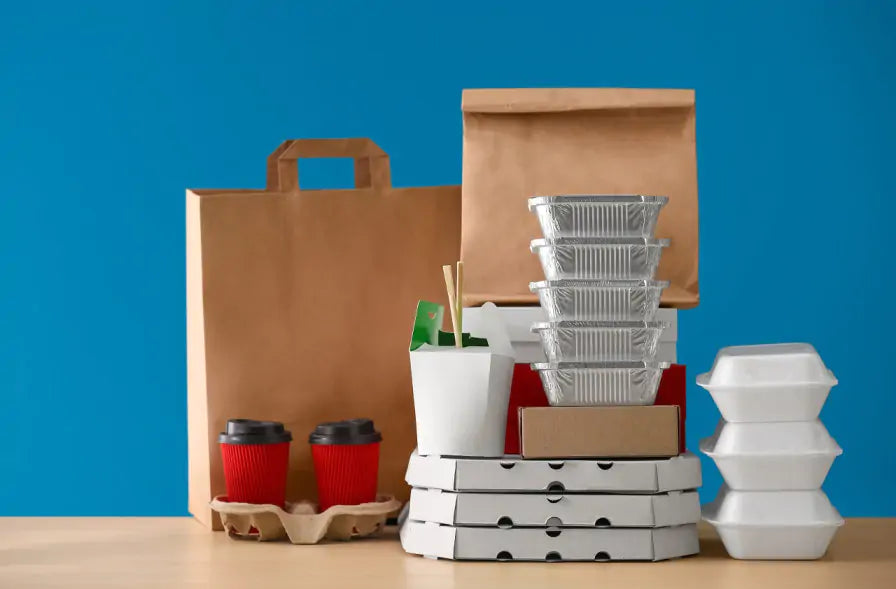OR
Express Checkout

T is for Takeaway litter
As lockdown eases and the Great British weather has been unusually kind, people have flocked to beaches, parks, and other beauty spots, and this has led to an increase in litter.
Food packaging, plastic bottles, cans, discarded PPE, and more are littering our open spaces and the problem has come about because of a ‘perfect storm’ of;

Keep Britain Tidy/Defra latest litter report
The latest report from Keep Britain Tidy and Defra on what type of litter is being dropped found that most of the litter that is discarded on our streets, parks, and beaches is drinks containers.
A staggering three quarters of the litter that was counted in a representative survey was made up of cans, large bottles, glass bottles, coffee cups, takeaway soft drinks cups, and cartons. The most littered item was, unsurprisingly, small plastic bottles, which made up almost 25% of the total.
The worst thing about this type of litter is that is could be recycled, but instead, it’s left to lie on the ground, polluting the environment, harming animals, and costing millions to clear up.
We can’t go back to normal after Covid-19
As industry came to a halt and many people had to stay at home, there were benefits for the environment, from less litter to reduced air pollution, but now that things are slowly getting back to normal, we shouldn’t let things go back to how they were. Our planet deserves better.
Remember how grateful you were for those parks and other spaces where you enjoyed family walks doing lockdown? They deserve better. We all need to be part of the solution, not the problem.
What are the solutions to the problem of takeaway litter and litter in general?
Keep Britain Tidy says that the charge on plastic bags reduced consumption by around 90%, so a charge on single-use cups could encourage people to change the way they drink on-the-go.

What you can do about takeaway litter
Don’t be one of the minority who thinks that it’s okay to pollute our parks, beaches, and beauty spots with rubbish because ‘someone else will clean it up’. If we want our open spaces to be safe, clean, and beautiful for all, we all have a part to play.
Take your litter home with you. Don’t use public bins if you can help it, as councils may not be emptying them at the moment as they focus on bin and recycling collections.
Put what you can in your recycling bin (though remember that some food containers will not be accepted if they are soiled.)
Pick up some litter in and around your local area and be sure to use gloves, wash your hands before leaving home and when you get back, and carry some hand sanitiser with you.